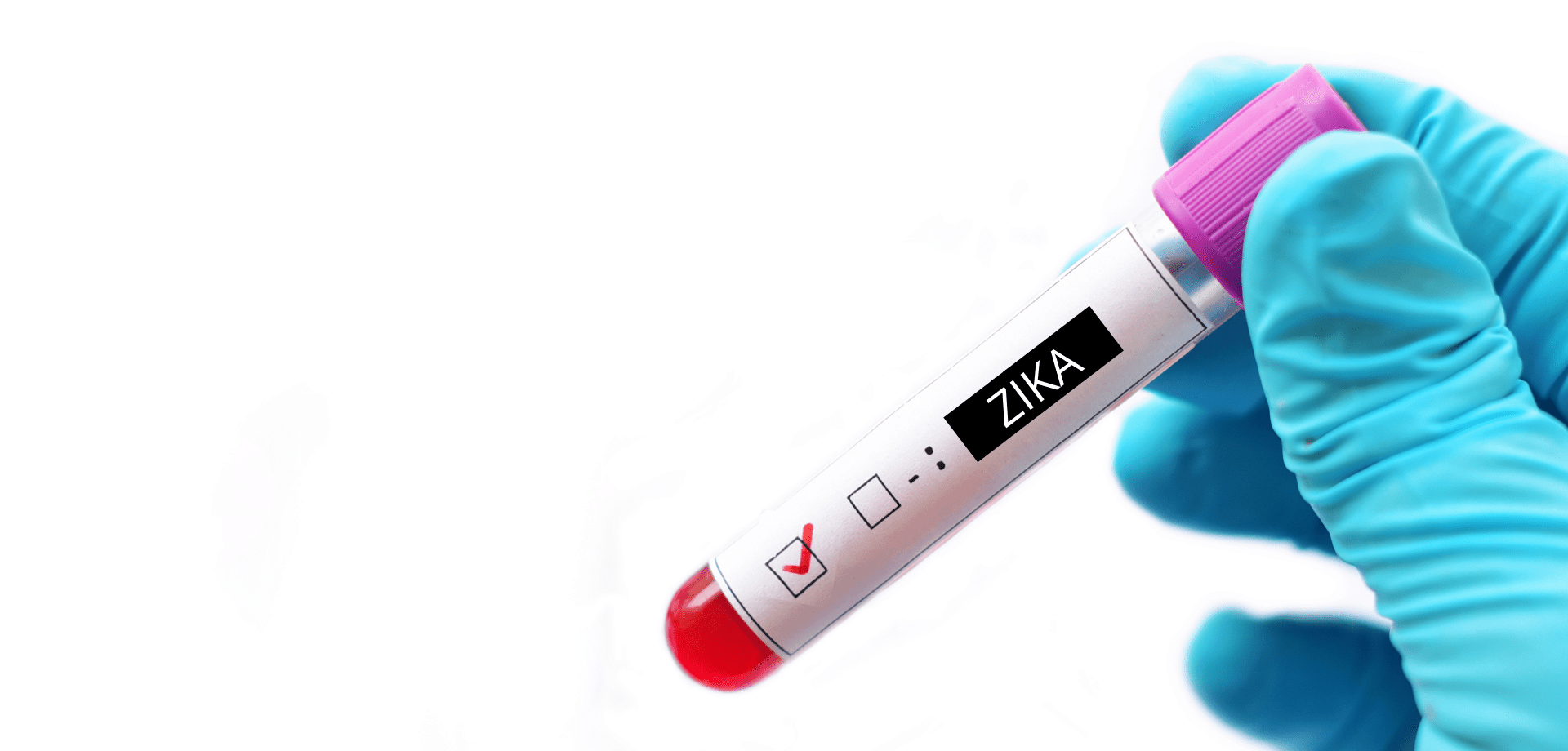Tag: Caribbean
Boating in the Bahamas
The best way to see the Bahamas is by boat. As an archipelago of over 700 islands and cays all strung together like pearls over a turquoise sea, the majority of visitors choose to cruise to see the many delights that this country has to offer. Whether you only visit the Bahamas or take an all-encompassing Caribbean cruise, it is important to remember those travel vaccinations and travel health advice are essential if you are to enjoy a happy healthy holiday.
Here are our top travel tips for staying healthy in the Bahamas…
Vaccinations
All travellers should be in date with diphtheria, tetanus polio and Hepatitis A. There is no risk of the Yellow Fever virus in the Bahamas, however, if your cruise takes you to an area that does have a risk of the virus (such as South America), you will need to provide evidence of vaccination in the form of a valid Yellow Fever certificate. Cruise ships are confined spaces with a high volume of passengers which makes you more susceptible to infections. If you plan on travelling during the winter months, it is sensible to consider a flu vaccination as respiratory viruses can spread easily.
Sun
The Bahamas lie in the tropical Caribbean seas making the sun, sea and sand the major attraction. Remember to be sun safe. Wear a high factor sun cream throughout your holiday. The sun’s rays are particularly strong between 11am-3pm so it’s best to avoid direct exposure during this time. Slap on a hat, slip on a shirt and slop on some sunscreen.
Insects
The Bahamas have a risk of dengue fever, chikungunya and the Zika virus. These illness are spread via the bite of an infected Aedes mosquito. Whilst causing mild illness in many, they can cause more serious complications and are best avoided. Zika virus is associated with a serious complication during pregnancy and those who are pregnant or plan to become pregnant soon after the trip are advised against travel to the area. There are no specific vaccinations against these mosquito-borne viruses so bite prevention is the only defence. Cover up exposed skin and wear an insect repellent containing at least 50% DEET.
See our Ultimate Bug Kit.
Gastro Kit
The majority of Bahamian cuisine comes straight out of the sea. Whilst seafood and fish are delicious, ensure that any food consumed is cooked thoroughly and served fresh to you. The Bahamas has an abundance of fresh tropical fruit but it is wise to adhere to the ‘cook it, boil it, peel it or forget it’ saying to avoid the dreaded traveller’s diarrhoea. We advise travellers to take a gastro kit with them which can help prevent and treat the commonest gastrointestinal symptoms that occur when travelling.
Cruise Health
If you do plan to see the Bahamas by boat, ensure you follow some sensible precautions to avoid getting sick from fellow passengers. Wash your hands regularly, make use of the alcohol-based sanitizers stations on board, carry a small alcohol-based hand sanitiser to keep your hands clean when off the ship. Ensure you stay hydrated, but make sure you drink water from a safe source (bottled, boiled or purified).
Book your travel appointment today
By Anna Chapman | Travel Nurse | March 2019
Have a bug-free beach life
Apart from causing an itch and inflammation, mosquitoes can leave more than just an irritation.
In the Caribbean, they have the ability to transmit diseases such as Dengue Fever, Zika Virus and Chikungunya.
Mosquito bite avoidance is recommended, here are our recommendations on how:
- Cover up with clothing
- Use insect repellents containing a minimum of 50% DEET on any exposed skin
- Consider treating clothes with permethrin
- Sleep under bed nets and use insect screens on doors.
- Reduce mosquito breeding sites by removing any water containers from outdoor areas
- Use air-conditioning
- Consider the use of plug-in electrical vaporisers which deter mosquitoes
- Use our Ultimate Bug Kit.
Dengue Fever & Chikungunya
There is currently no vaccine available to prevent either dengue nor chikungunya in travellers. However, without mosquitoes, individual sufferers are not directly contagious.
The risk for both diseases is thought to be higher during periods of intense mosquito feeding activity (two to three hours after dawn and during the early evening).
Zika
There is currently no vaccine available to prevent the ZIKV infection in travellers. Those infected with the infection normally have no symptoms. When symptoms do occur they are usually mild and short-lived. Serious complications and deaths are not common.
The concerns with the Zika virus and primarily to do with birth defects and as a result pregnant women should postpone non-essential travel until after pregnancy. More information on Zika Virus and pregnancy concerns from Public Health England.
So say ‘zip off’ to zika and ‘do one’ dengue and enjoy a bug-free beach life!
If you would like more travel advice we’d recommend an appointment with one of our travel nurses. You can book your travel appointment online.
By Anna Chapman | Travel Nurse | November 2018





